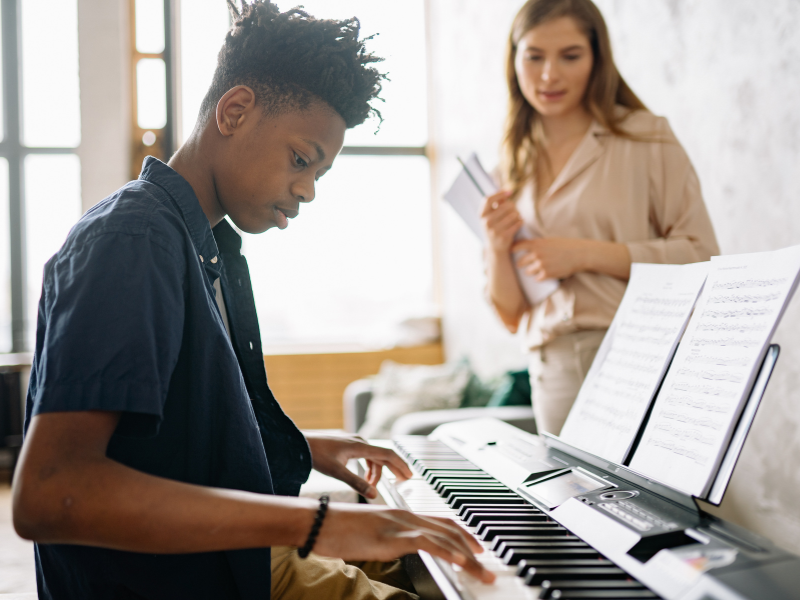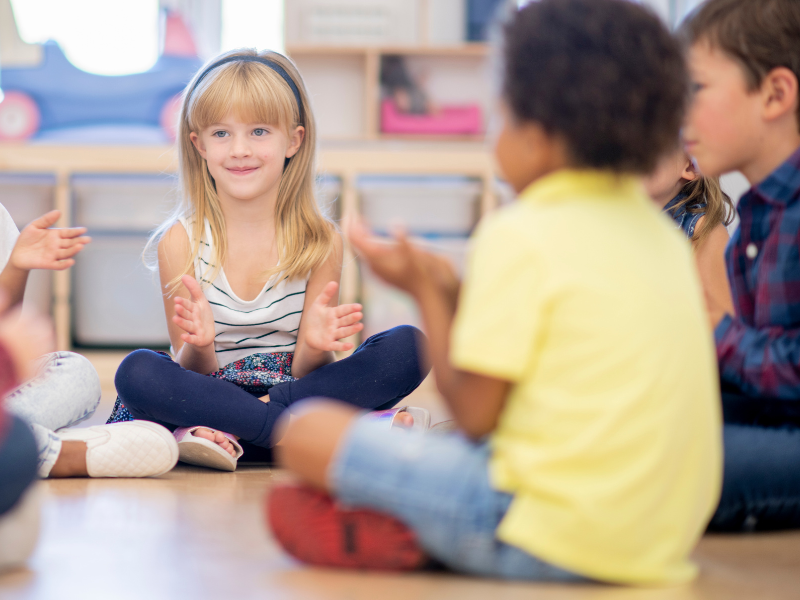
Research Updates

Here at Bigger Better Brains we believe that through educating yourself, you can then educate and affect positive change in your community.
With all of the research in the field of neuromusical science, our BBB Research section serves as a content hub for you. We regularly share findings and break down the latest research to educate and inspire discussion. We hope you enjoy this page on our website and share BBB news with your colleagues, parents and students.
Is there a new way to think about language (and music) development?
The capacity for language is distinctly human. It allows us to communicate, learn things, create culture, and think better. Because of its complexity, scientists have long struggled to understand the neurobiology of language.
Can second language ability be predicted through music?
While musicality and working memory are mostly treated as clear predictors of foreign language learning ability, the relationship between brain morphology and language aptitude is far from obvious.
Rhythm is a multidimensional skill set
To keep a beat, our brains have to get the auditory and motor cortices to first synchronise and then maintain that synchronisation as small things change in the music. To maintain a rhythm, our brains need to do all of that plus constantly monitor how the rhythm is fitting into the beat. It looks easy, however, it is very hard.
Teaching parents about music
There is now an enormous amount of research that has explored, measured, quantified and illuminated the benefits of music education on cognitive, emotional, social and physical development. Such is the quantity and quality of the research that it is now understood that music education benefits the development of the whole person like no other human activity.
How’s your fluid intelligence?
If you’re a musically trained person, your fluid intelligence is probably highly developed! But what is fluid intelligence?
Producing the “ideal” student through music
“Stay on task, remember what you are doing and think creatively” says every teacher in some way to their students throughout the school test. While we might know what these learning behaviours look like from the outside, do we really know what is going on inside the students brains? And how on earth can learning music help?
A couple of reasons why every child should have access to music education
In this study, released by Florida International University, they found that group music classes affected overall competence, confidence, caring, character and connection.
What is working memory and how might music learning help?
This article is a great explanation of working memory and the different ways it is affected by disorders such as dyslexia, auditory processing disorder and ADHD.
Background music – good or bad for productivity?
As always it is all about context and what you trying the measure. This study found that background music for musicians leads to greater productivity, than non-musicians.
Music learning can change the educational life for disadvantaged students
Music has been used as an intervention around the world to help students, and inevitably whole communities, who are living in challenging circumstances.
The chicken and working memory egg
Musicians have been found to have a higher capacity for something called speech-in-noise. This is the ability to hear and understand speech in a noisy environment.
Is music talent set or grown?
Our traditional ideas about musical talent are being challenged by neuromusical research. Through studying musicians Neuroscientists and psychologists are working with a theory that we are born with predispositions for many things.





















